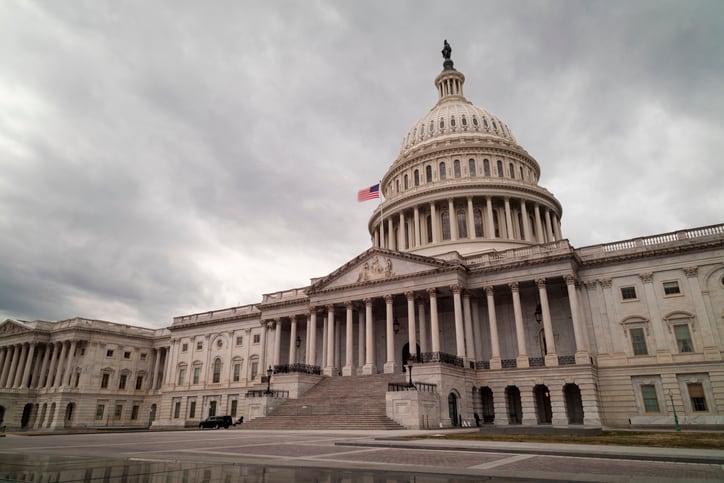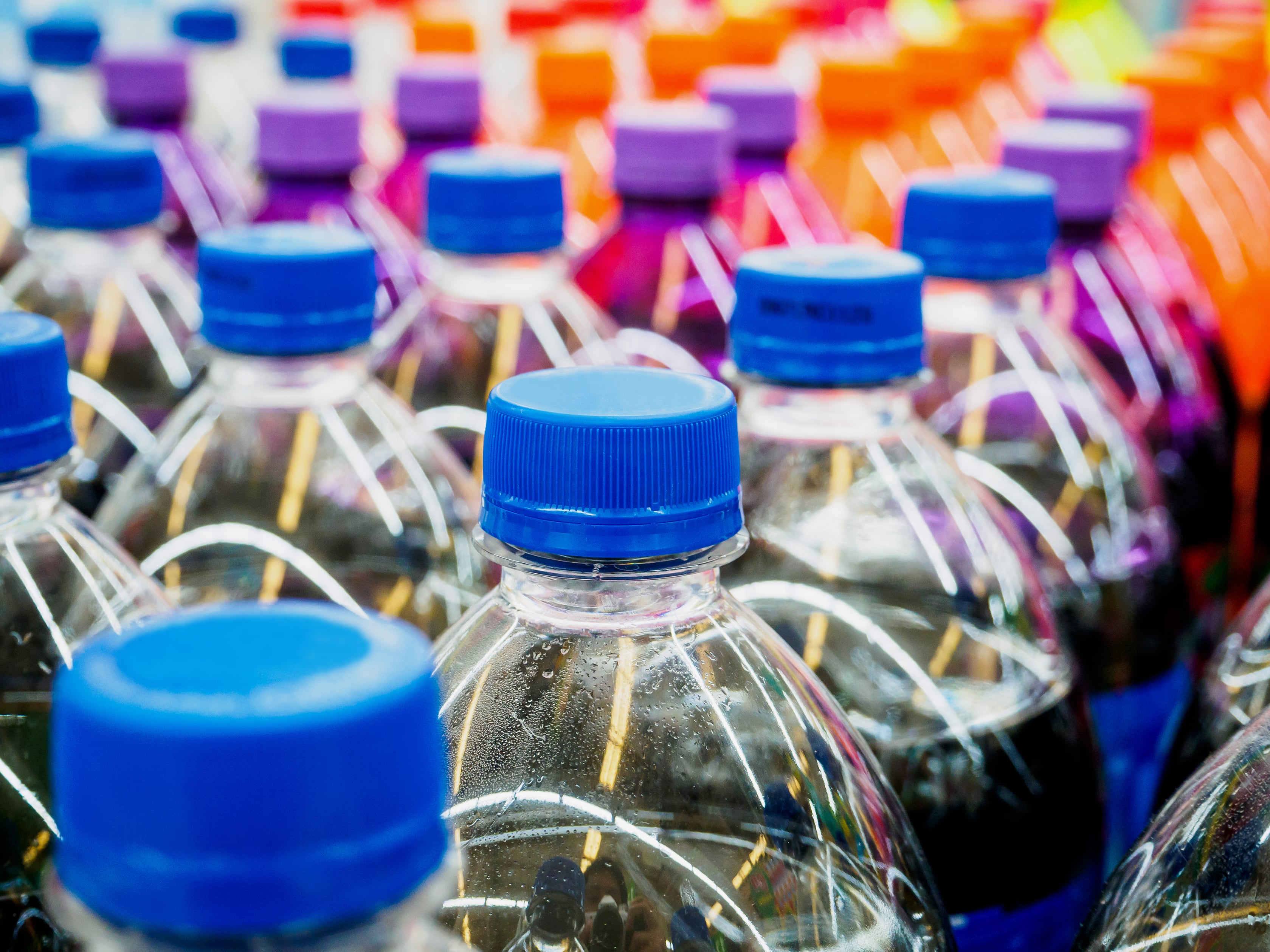Leaked MAHA draft champions deregulation and voluntary action
A recently leaked draft of the delayed Make America Healthy Again (MAHA) Commission’s second report – originally due August 15 –reveals a deregulatory tilt with limited new mandates.
Instead of introducing stringent policies, the draft leans heavily on education and voluntary action. It proposes loosening restrictions on whole-milk sales in schools, eliminating reduced-fat mandates in federal nutrition programs like WIC, and easing barriers for small dairy producers.
The draft also targets retail access by suggesting removal of zoning hurdles blocking mobile grocery units, expediting permits for underserved-area grocers and eliminating outdated food standards of identity. Critics – including the Center for Science in the Public Interest – warn that emphasizing voluntary compliance may hinder meaningful progress in public health, especially in combating childhood chronic diseases.
Read full story here: Leaked MAHA draft promotes deregulation and voluntary compliance
Consumers shop more often but spend less per trip as inflation lingers
New Circana data crunched by 210Analytics from July shows that American households now make about 222 grocery trips annually – up from 200 in 2021 – despite not increasing their overall spending. Food prices in July held steady month-over-month at $4.34 per unit on average, though this still marks a 2.8% increase over the previous year, and a nearly 10% jump since 2022.
To stretch budgets, shoppers are gravitating away from traditional supermarkets toward mass and club stores, as well as e-commerce options perceived to offer better value and promotions.
Read full story here: More trips, tighter budgets: How is inflation influencing grocery shoppers?
California aims to phase out ‘worst-of-the-worst’ ultra-processed foods in schools
California’s new bipartisan Assembly Bill 1264, seeks to remove the ‘worst of the worst’ ultra-processed foods (UPFs) – those high in sugar, salt, fat and additives – from schools, according to Assemblymember Jesse Gabriel (D-Calif.) who led the bill alongside co-authors Republican Assemblymember James Gallagher (R-Calif.) and Progressive Caucus Chair Alex Lee (D-Calif.)
The bill does not ban staples like canned fruits, vegetables or Greek yogurt. Instead, it authorizes stakeholders from The University of California and the state’s public health and food agriculture departments to guide implementation based on evolving research.
For CPG companies and distributors, it signals the need to audit ingredient lists, pursue cleaner formulations and engage proactively with K-12 buyers to ensure affordability and compliance. Gabriel encouraged global CPG brands to consider reformulating products to mirror cleaner versions offered in markets like France, Japan or South Korea.
Meanwhile, suppliers of natural colors – like California Natural Color, IFF and Kalsec – are seeing growing demand as companies prepare for reformulation needs.
Read full story here: California bill targets ultra-processed foods in schools — what’s next for food companies



